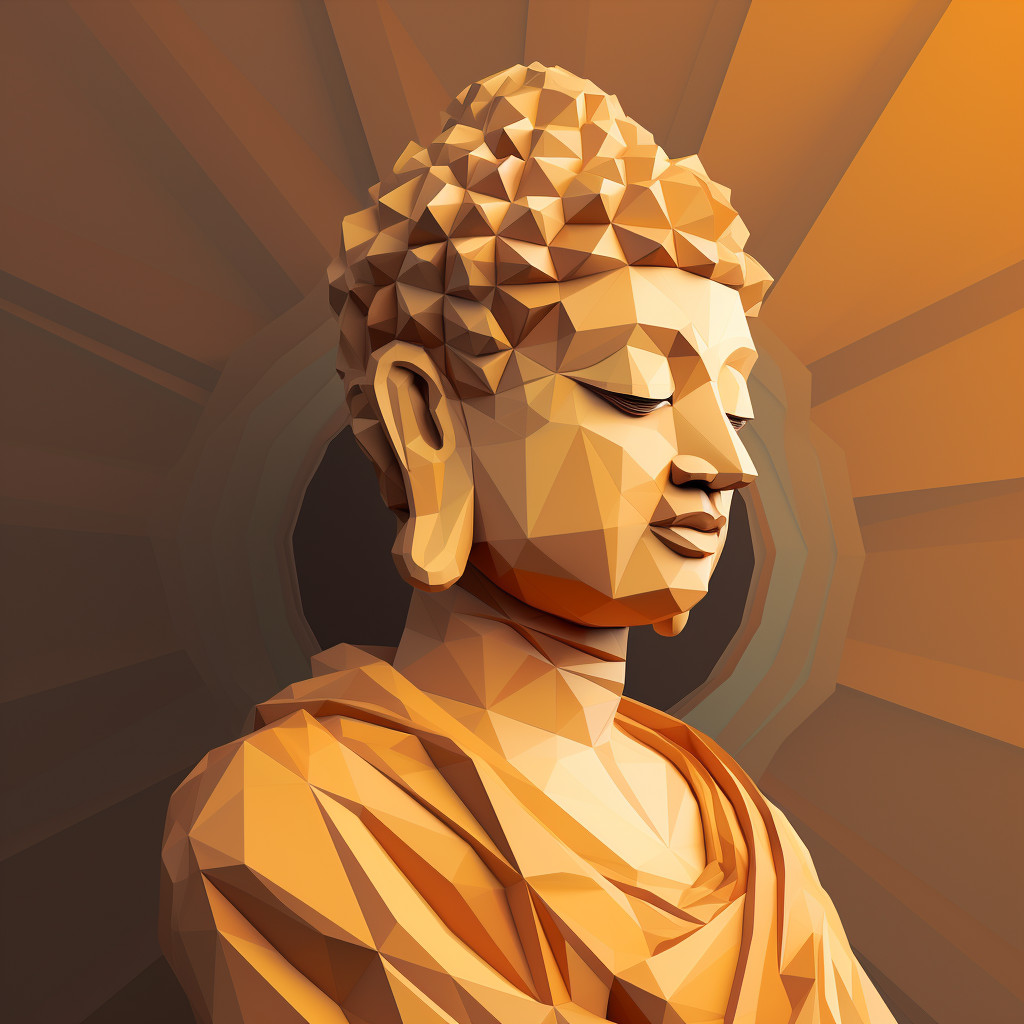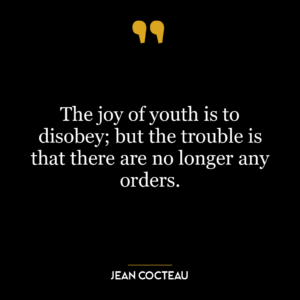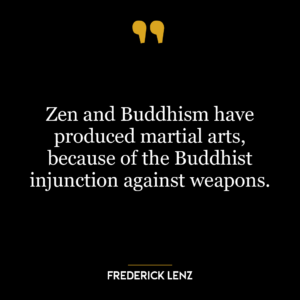This quote suggests that attaining a state of profound joy is synonymous with reaching a state of enlightenment or becoming a Buddha. In Buddhism, a Buddha is someone who has achieved a state of perfect enlightenment and is free from the cycle of birth and death. This state is characterized by profound peace, wisdom, and compassion, and is often associated with a deep and abiding joy.
The joy referred to in this quote is not the fleeting happiness that comes from external circumstances, but a deep, inner joy that arises from understanding and accepting the nature of life and reality. It is a joy that is not dependent on external circumstances and remains unaffected by the ups and downs of life. It is a joy that comes from within and is a result of inner peace and contentment.
Applying this idea in today’s world or in personal development involves cultivating this inner joy. This can be done through practices such as mindfulness, meditation, and compassionate action. It involves letting go of attachment to external circumstances and finding contentment in the present moment. It also involves developing wisdom and understanding about the nature of life and reality.
In personal development, this might mean focusing less on external achievements and more on inner growth and self-understanding. It might mean learning to find joy in the simple things in life and developing a sense of gratitude and contentment. It might also mean learning to be present and mindful in each moment, rather than constantly chasing after future goals or dwelling on past mistakes.
In today’s world, where there is so much focus on external success and achievement, this idea is particularly relevant. It serves as a reminder that true happiness and fulfillment do not come from external circumstances, but from within. It suggests that by cultivating inner joy, we can find peace and contentment regardless of our external circumstances.











